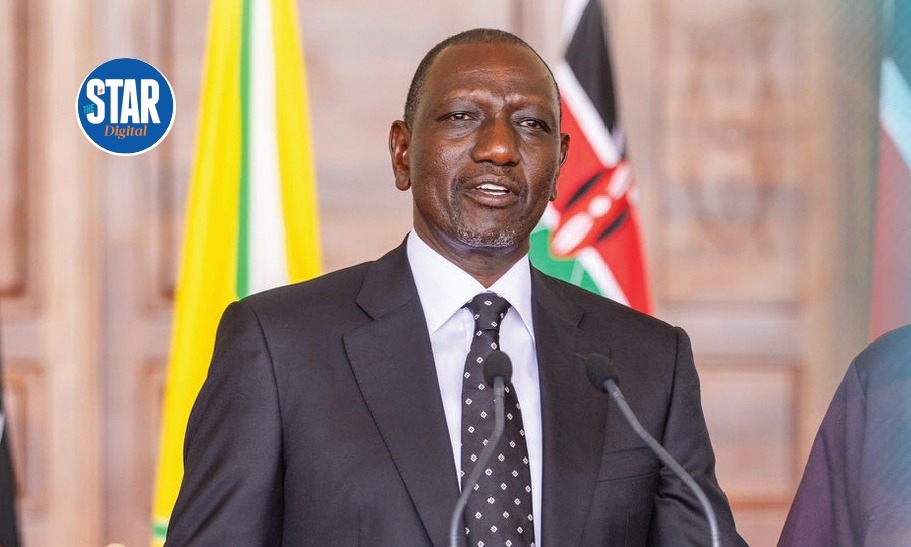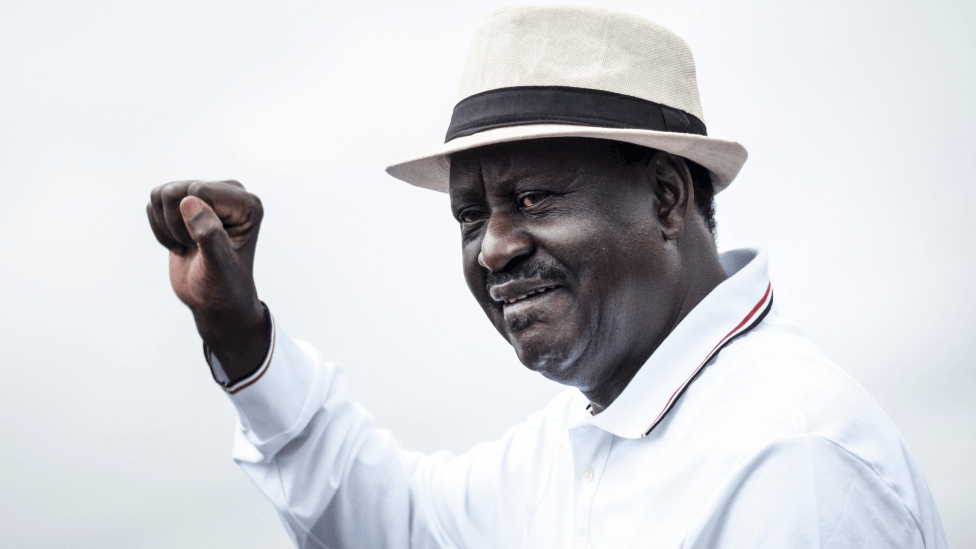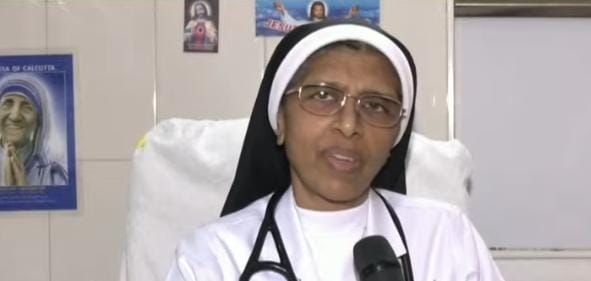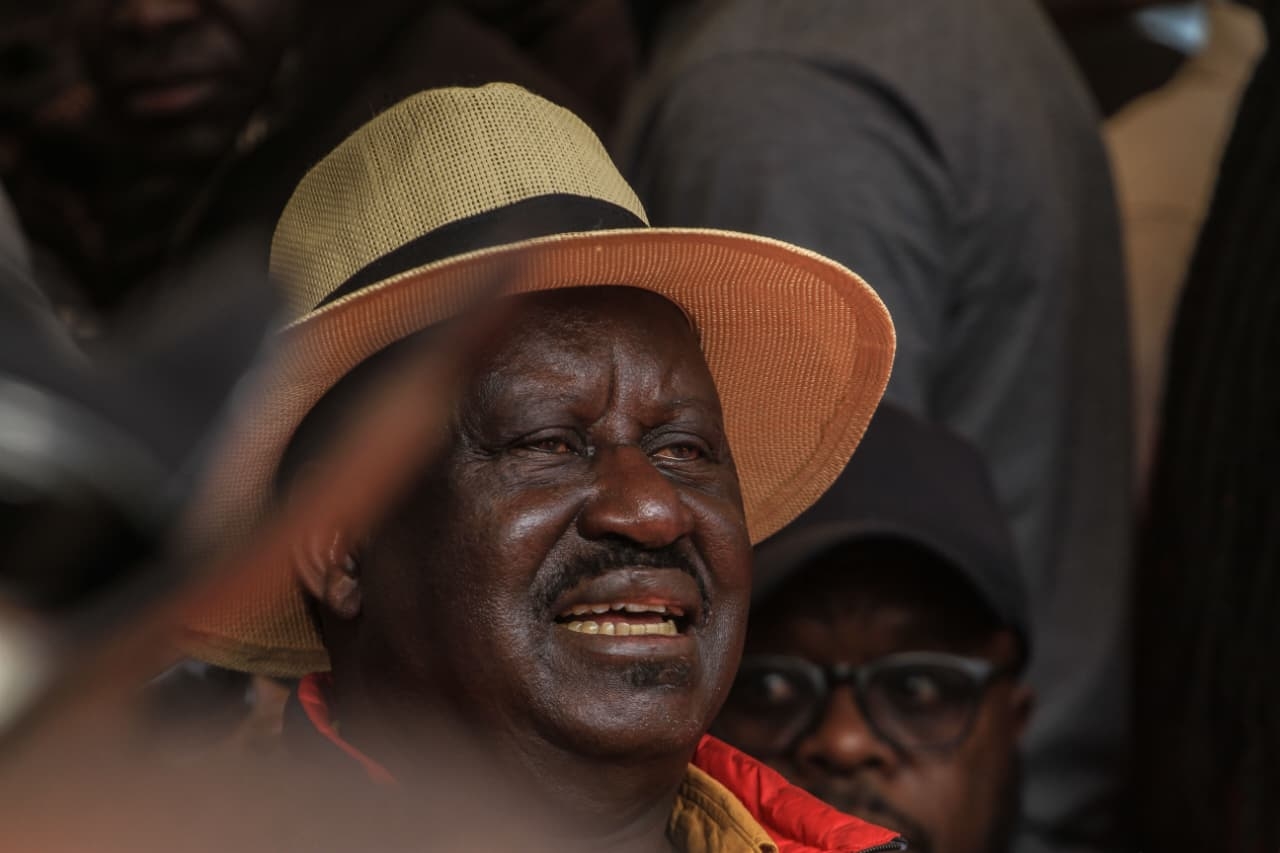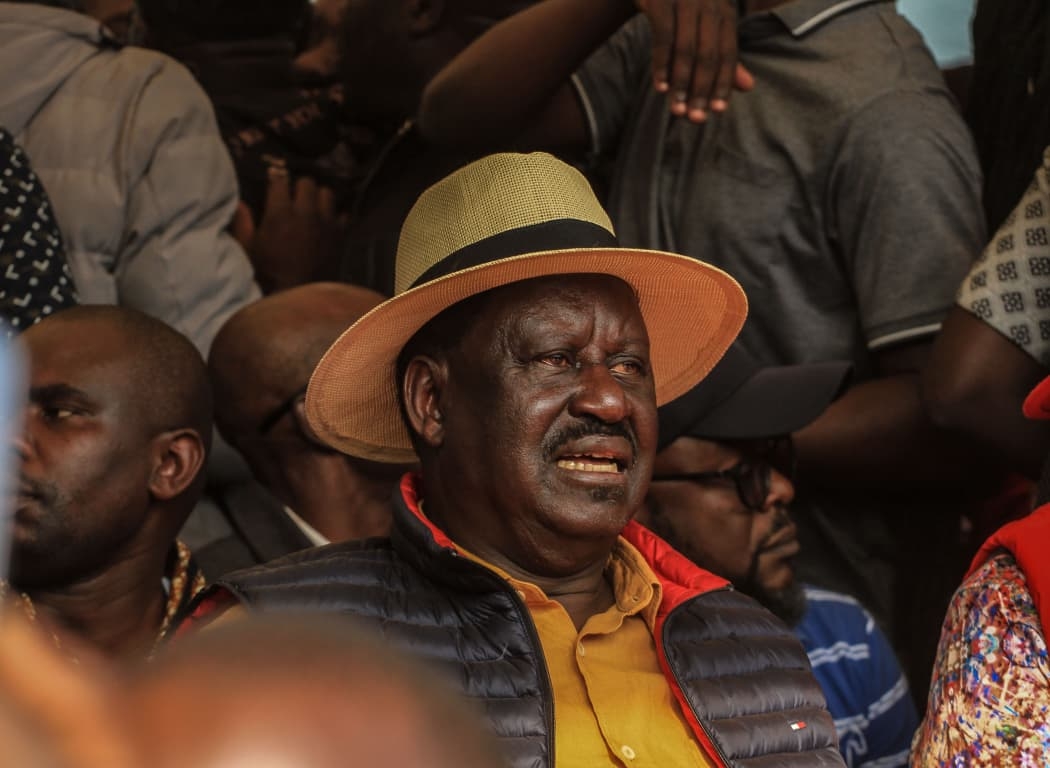
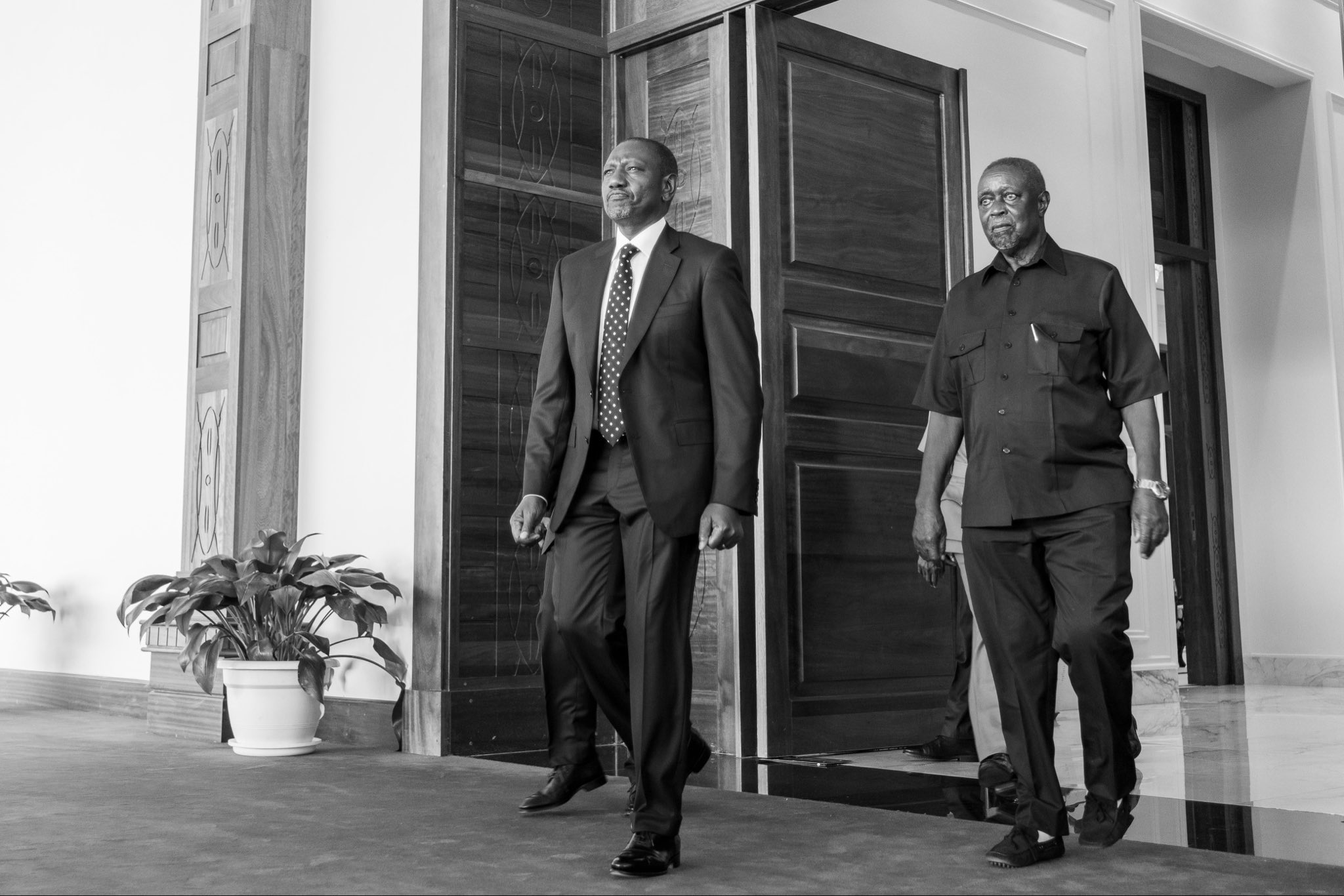
The late former Prime Minister Raila Amollo Odinga will be
accorded a state funeral, honoring his immense contribution to the country’s
political and democratic journey.
President William Ruto announced this on Wednesday,
declaring a seven-day mourning period with flags flying half-mast.
“Our former Prime Minister Raila Amollo Odinga shall be
accorded a state funeral with all attendant honors,” President Ruto declared in
a solemn address to the nation.
The announcement comes just hours after confirmation of
Raila’s passing in Kochi, India, where he had been receiving treatment.
His death has sent shockwaves across the country and the
continent, with tributes pouring in from leaders, citizens, and international
partners.
To oversee the funeral arrangements, President Ruto revealed
the formation of a high-level committee co-chaired by Deputy President Kithure Kindiki and Siaya Senator Oburu Odinga, Raila’s elder brother.
The committee will coordinate all aspects of the state
funeral, including national mourning protocols, memorial services and the final
rites.
The state funeral is expected to draw dignitaries from
across Africa and beyond, reflecting Raila’s stature as a continental statesman
and a symbol of democratic resilience.
Further details, including the funeral date and public
participation plans, are expected to be released following the National
Security Council meeting convened earlier today.
Prime Cabinet Secretary Musalia Mudavadi is set to depart
immediately for India to oversee the repatriation of Raila’s remains.
Mudavadi will lead a high-level delegation comprising senior
government officials and close family members of the Odinga family.
Among those accompanying him are Roads and Transport Cabinet
Secretary Kipchumba Murkomen, former Mombasa Governor Hassan Joho, National
Assembly Majority Leader Kimani Ichung’wah and Suna East MP Junet Mohamed.
Also traveling with the delegation are members of Raila’s
family, including his wife Mama Ida Odinga, who is expected to play a central
role in the arrangements.
The team is tasked with coordinating with Indian authorities
and the Kenyan High Commission in New Delhi to ensure a smooth and dignified
repatriation process. Raila’s body is currently being held at Devamatha
Hospital in Koothattukulam, Kerala, where he was pronounced dead following a
cardiac arrest during a morning walk.
About a state funeral
Military honors are a central feature of state funerals.
The deceased may be accorded a ceremonial guard of honor, a
three-volley salute, and pallbearers drawn from the armed forces.
The casket is often draped in the national flag, symbolizing
the individual's service to the nation.
Public viewing of the body may be arranged at a national
venue such as the Parliament Buildings or the Kenyatta International Convention
Centre (KICC), allowing citizens, dignitaries and foreign guests to pay their
respects.
These tributes often include speeches, prayers, and cultural
performances that reflect the life and legacy of the deceased.
The main funeral service is typically held at a large venue,
such as a stadium, to accommodate the public.
Religious leaders, family members, and political figures
deliver eulogies, and the service is broadcast live across major media
platforms to ensure national participation.
Burial may take place in the deceased’s home county or at a
designated national cemetery.
The final rites include the lowering of the casket, a last
salute, and the presentation of the national flag to the family.
In addition to ceremonial honors, the government may cover
funeral expenses and provide logistical support.
International dignitaries often attend, underscoring the
global stature of the individual being honored.
Ultimately, a state funeral serves not only as a farewell
but also as a moment of national reflection and unity, celebrating the life of
a person who helped shape Kenya’s history.


